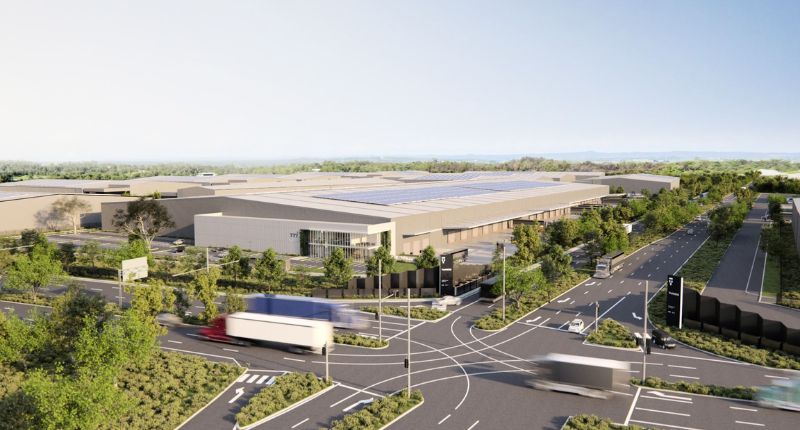- Frasers Property receives approval on targets to reduce carbon emissions
- The company's targets are in line with the Paris Agreement
- Frasers Property is ramping up sustainability through other initiatives
Frasers Property Industrial has received a stamp of approval by the Science Based Targets initiative (SBTi) on its targets to reduce carbon emissions.
Frasers Property Industrial CEO Reini Otter says, “We’re proud to have our emissions reduction targets approved by SBTi, which is considered the global peak assessment body for climate targets.”
“We’ve been progressively applying more sustainable considerations to our projects for over a decade and we will continue to invest time and resources into innovative sustainability programs that are backed by science-based targets.”
The target
The approval means SBTi’s Validation team have determined that Frasers Property Industrial’s targets are in line with the Paris Agreement objective of limiting global warning to 1.5 degrees Celsius by 2050.
The company’s target is to commit to reducing absolute Scopes 1 and 2 greenhouse gas emissions by 46.2% by FY2030, from an FY2019 base year.
Fraser Property Industrial also commits to reducing absolute Scope 3 emissions by 46.2% in the same timeframe.
To meet its target, Frasers Property Industrial has installed 16 MW of solar photovoltaics (PV) globally, 623 kWh of battery storage, 1093 kVA biodiesel generator as well as retrofitted 99% of its Australian portfolio with LEDs to date.
“To halve our global emissions by 2030, we’re looking to improve technology and data capabilities and ensure accurate measurement and forecasting of emissions,” Otter said.
“We’re also reducing embodied carbon within construction as well as partnering with suppliers and customers to help reduce Scope 3 emissions and piloting landfill diversion rates for construction waste.”
Ramping up sustainability efforts
Frasers Property Industrial has increased its sustainability credibility with the Smart Warehouse Pilot Program with major American retail company Williams-Sonoma, whose facility utilises machine-based learning to improve energy consumption and environmental standards.
The facility is the first of its kind in Australia, with a high energy efficient solution implemented through a combination of solar power, battery storage and biodiesel back-up generation.
Moreover, The YARDS in Western Sydney recently achieved a 6 Star Green Star Communities rating.
Otter added that Frasers Property Industrial aims to foster resilient communities, provide carbon-reducing initiatives, responsibly source services and materials, provide clean energy, use green finance and be accountable through independent tools and ratings.
“To achieve its ambitious sustainability goals and create a greener future for the industrial sector and broader global community, Frasers Property Industrial’s roadmap outlines actions such as working with its supply chain partners and customers to decarbonise operations, including renewable energy procurement and developing an energy efficient building standard to be put in place for all new developments,” he said.








